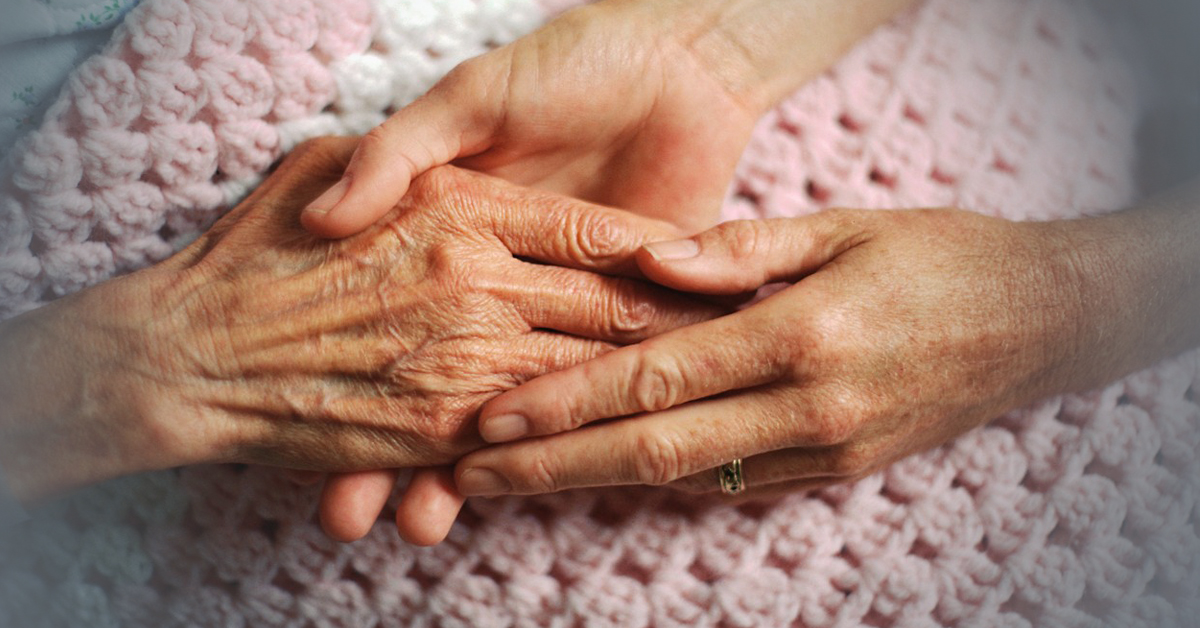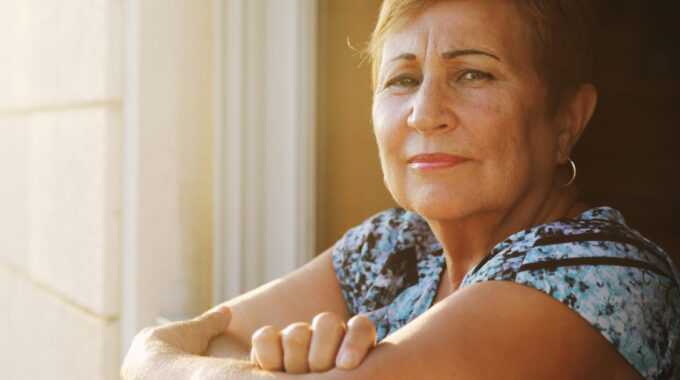
What is a Death Doula?
When we hear the term “doula,” most of us immediately think of support during childbirth. However, doulas extend their compassionate care beyond life’s beginning—they also play a crucial role at its end. Known as death doulas, end-of-life doulas, or spiritual midwives, these dedicated individuals offer invaluable support to the dying and their families, helping navigate the emotional and spiritual journey towards a peaceful death.
At the heart of their work is the creation of a nurturing environment where the dying person can reflect on their life and make decisions about their final days. This process often begins with a life review, where doulas help individuals explore how they wish to be remembered. Legacy projects like memory books or recordings of personal stories serve not only as keepsakes but also as a means of closure and healing for both the dying and their loved ones.
Beyond reminiscence, death doulas assist in practical matters, guiding individuals in making decisions about where and how they want to spend their final moments. They help create a comforting atmosphere, considering everything from the sensory aspects of the space to the choice of music and literature. Spiritual rituals and the presence of specific loved ones or pets are also carefully arranged to honor the dying person’s wishes.
During the vigil period, when death is imminent, doulas provide continuous support, ensuring that the individual’s preferences are respected and that their journey is as peaceful as possible. This vigil extends beyond the moment of passing, as doulas assist families in post-vigil care. They facilitate rituals such as quiet reflection, sharing memories, or preparing the body according to the person’s desires, including alternative death care options like home funerals or eco-friendly burials.
Importantly, death doulas complement the holistic approach of hospice care, providing additional layers of support that enhance rather than replace existing services. Their role is not covered by Medicare under hospice benefits but, nonetheless, can be helpful in offering comprehensive end-of-life care.
To delve deeper into this profound aspect of caregiving, Henry Fersko-Weiss’s book, Caring for the Dying: A Doula Approach to a Meaningful Death, offers valuable insights and guidance.





